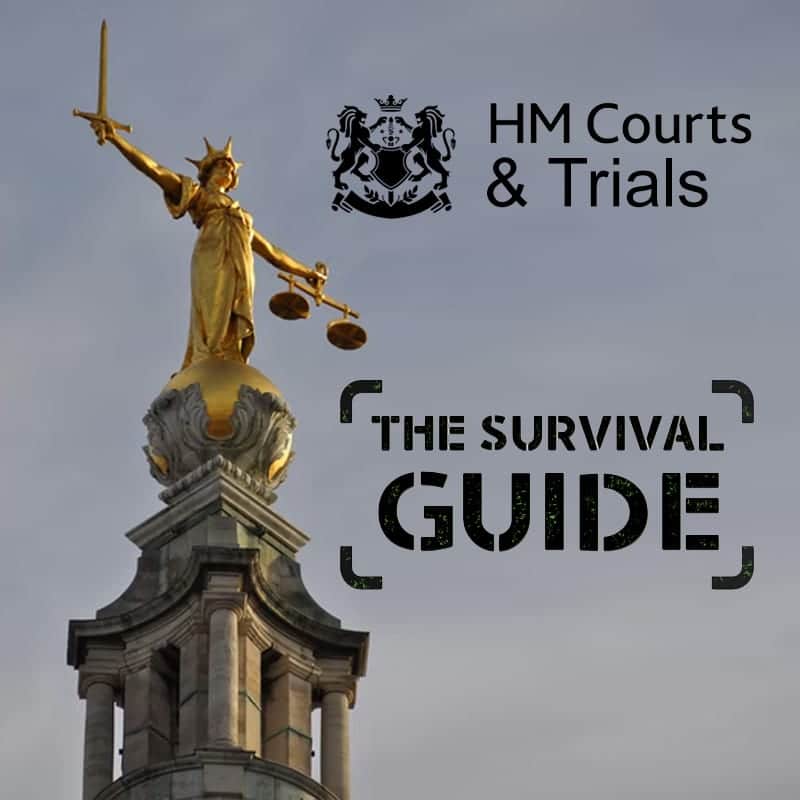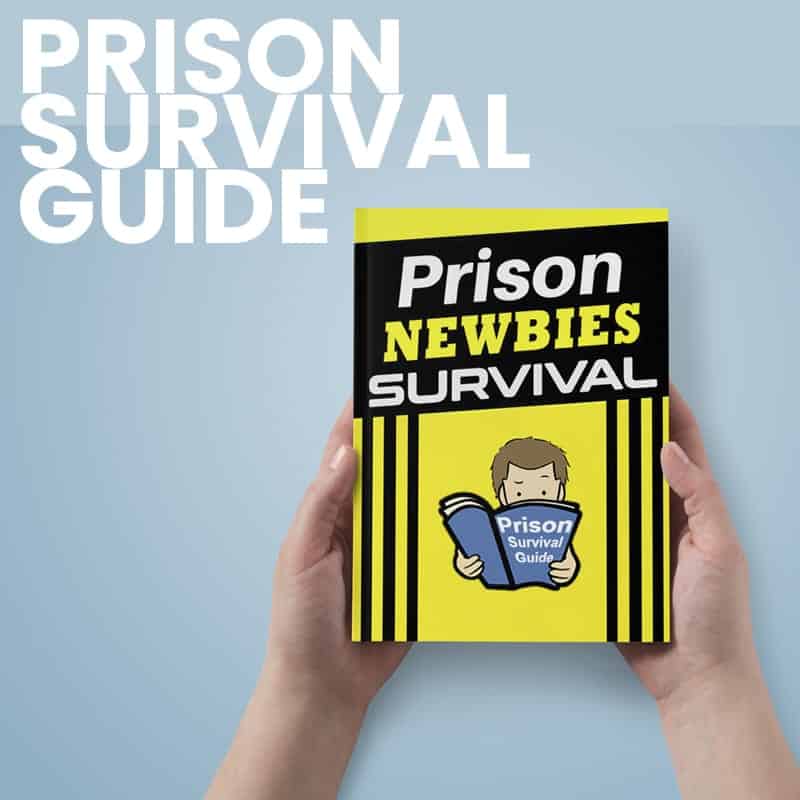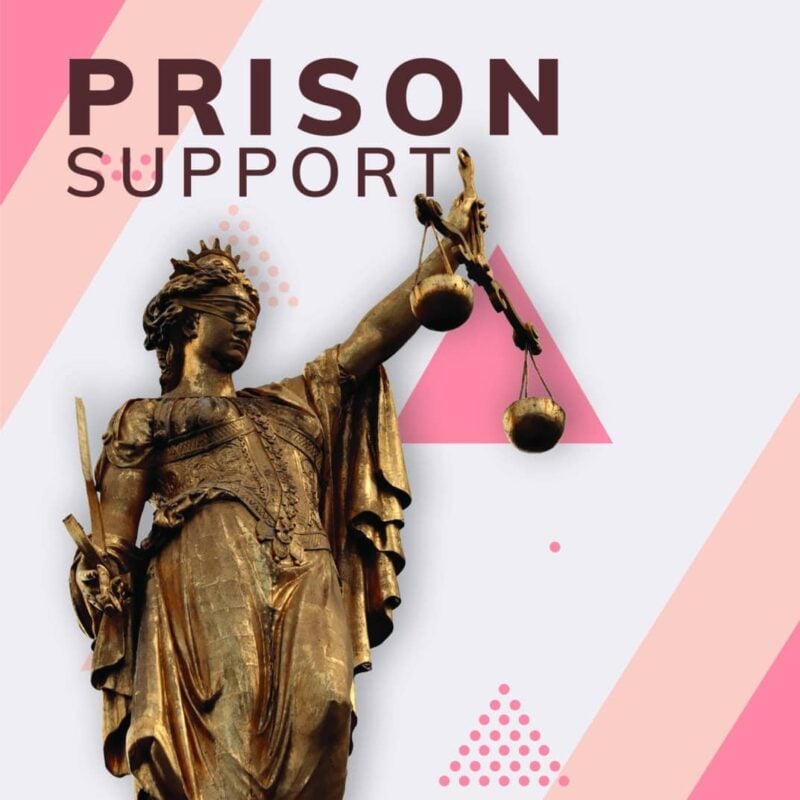Do prisoners get paid benefits?
do prisoners get paid benefits? When discussing the UK prison system, a common question that arises is, “Do prisoners get paid benefits?” This query touches on the intricate relationship between incarceration and the welfare system, exploring the types of financial support prisoners might be eligible for during and after their time in custody. Understanding these mechanisms is crucial for anyone looking to navigate the complexities of UK law and the prison environment.
Financial Support Within Prisons
In the UK, prisoners do not receive traditional welfare benefits that are available to the general public. Instead, they can earn money through work assignments within the institution. The pay varies depending on the nature of the work and the prison’s policies but is significantly lower than minimum wage outside prison walls. This system is designed to instil a work ethic and manage the prison economy, rather than to provide substantial income.

Benefits Upon Release
Upon release, former prisoners face the transition back into society, where the question of benefits gains relevance. They may be eligible for various benefits depending on their circumstances, including Jobseeker’s Allowance, Universal Credit, or disability benefits if applicable. The eligibility for these benefits is subject to standard assessments and conditions, such as actively seeking employment or being unable to work due to health reasons.
Support for Families and Dependants
The impact of incarceration extends beyond the individual, affecting families and dependants. While prisoners themselves are not eligible for benefits like Child Benefit or Housing Benefit during their sentence, their families can apply for these supports. This distinction ensures that the financial needs of dependants are addressed, maintaining a lifeline for those indirectly affected by imprisonment.
Rehabilitation and Reintegration Programmes
The UK prison system also offers various programmes aimed at rehabilitation and aiding the reintegration of ex-prisoners into society. These programmes may include educational courses, vocational training, and counselling services, which are pivotal in equipping individuals with the skills and confidence needed to find employment and reintegrate successfully.
Challenges and Considerations
Navigating the benefits system post-release presents challenges. The transition from prison to full independence requires careful planning and support. Ex-prisoners must contend with the stigma of a criminal record, which can hinder their employment prospects and, by extension, their eligibility for certain benefits. Initiatives aimed at supporting these individuals are vital for facilitating a smoother transition.
Conclusion
In summary, while prisoners in the UK do not receive benefits in the conventional sense while incarcerated, there are provisions for earning and mechanisms in place to support them and their families during and after imprisonment. The journey towards reintegration is fraught with challenges, but with the right support and resources, former prisoners can navigate the benefits system and work towards a stable future.
Understanding the nuances of how the prison system intersects with the welfare state is essential for anyone involved with or interested in the legal and correctional landscapes. By demystifying these processes, we can foster a more informed and compassionate approach to the rehabilitation and support of those who have served their sentences.





